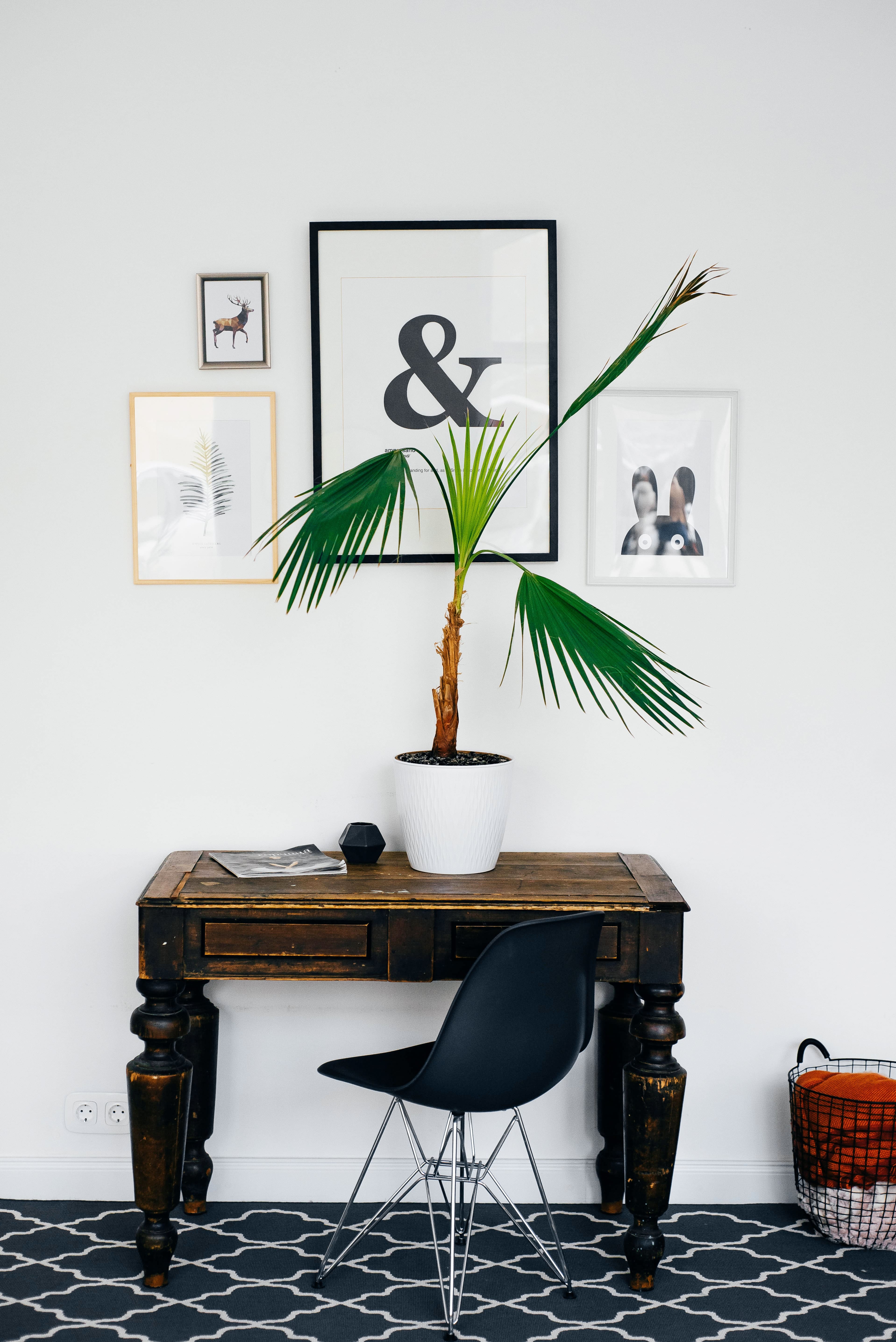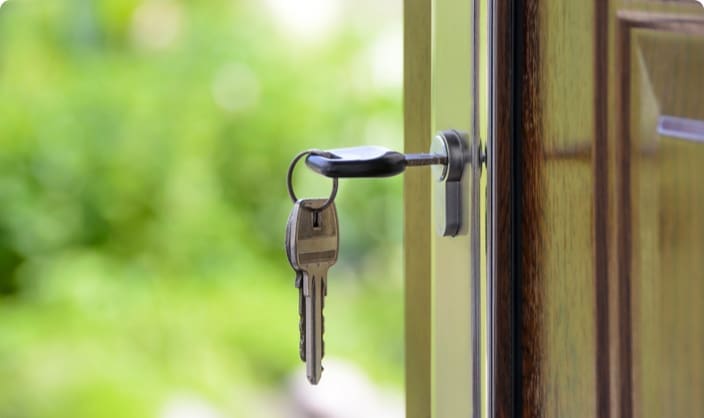Remortgage to buy another property
Many people regard purchasing property as a sound way to invest their money in the long term. Despite the extra costs imposed by the government when buying a second property, it can represent a reliable investment.
Get in touch for a free initial, no obligation discussion about your mortgage situation.
Do you qualify?
No credit checks & only takes minutes!
What we cover in this guide
If you’re thinking of buying a new property, you’ll need a deposit. Remortgaging your current home can help by unlocking its value for a cash sum. This can be used as part or all of your deposit, proving a useful way to finance a new house or apartment.
Be aware that borrowing more means higher monthly commitments. Planning and budgeting are essential to ensure you can cover extra expenses. With caution, remortgaging for a new property can be successful.
Can I remortgage to buy a property?
Yes, providing you meet a lender’s criteria, there’s no reason why you can’t.
Remortgaging is one of the most cost-effective ways to raise capital to buy a new property. However, you need to make sure you have enough equity in your current property to make it worthwhile.
If you haven’t had your current mortgage for long, you may not have built up the value you need.
If you’re not looking to buy a second property outright, you’ll need to ensure you can release enough equity from your current home. This will then cover the deposit for the new property. You should keep in mind that when buying a second property, the required deposit is often higher than for a first mortgage.

Fill out our quick and easy Mortgage Affordability calculator below. We only require a few details to see how much you may be able to borrow.
NO CREDIT CHECKS!
How to remortgage to buy another property
To ensure you can access the best remortgage rates and products, you need to consider:
- The amount of equity you have in your property. This will heavily influence how much you can borrow. The more equity you have, the more can be used as or towards your deposit. If you’ve built up enough, it could pay for a new property entirely.
- Your credit situation. Lenders carry out affordability assessments and credit checks to assess how much of a risk you are. If you have a less than perfect credit score, you could be subject to increased rates. This works the opposite way if you have a good record.
- Your income. This is crucial during a lender’s assessment, as they can determine what you can realistically afford.
What type of property can I buy when I remortgage?
Most people either want a second home for themselves, or a place to let out as a business investment. Below we go into detail about both types of mortgages.
Remortgaging to buy a second house or property
Based on your mortgage duration and property value changes, remortgaging your current home can generate capital. This can be used to buy another property, whether for family use or as a business investment.
Lenders apply their own unique criteria to any borrowing. If both properties will be used as residencies for you, or for a dependent relative, they’ll make an affordability assessment to determine if your income will be enough to make the payments on the mortgage.
If you intend to rent out the new property, or move into it and rent out your current home (a ‘Let to Buy’ arrangement), lenders consider expected rental income. This affects affordability and the risk in the total lending amount.
Remortgaging to buy a rental property
Remortgaging for a Buy to Let offers a key benefit – you can secure funds at residential mortgage interest rates. These rates are often lower than for standard Buy to Let mortgages.
Depending on the terms of the new mortgage, remortgaging your current home will cause your monthly repayments to increase. You should also bear in mind that some criteria for residential mortgages may not be available when buying another property. Products like an interest-only mortgage may not be offered by lenders.
One option is to split the remortgage, so that part of the purchase funds are raised against your current home. The remaining funds will be raised on the second property. Be careful to factor in all ongoing costs of the arrangement.
There will be times when your Buy to Let property is vacant, during which time you’ll not receive any income but will still have to keep up your mortgage repayments. You’ll need to plan for a contingency in these circumstances. Lenders also consider this when assessing the projected rental income.
If you want to explore your remortgaging options, get in touch today. Our expert advisers can ensure you get the most favourable remortgage deals.
How much equity do I need in my current property to remortgage?
Each situation will be different, but a factor that applies to everyone is the current property’s value. The minimum required is usually around 10%. However, not every property is worth the same – depending on the property, 10% could be a large figure or a smaller one.
If you’re not sure if you’ve enough equity in your property, reach out to us. Our team can discuss your plans and circumstances in a free consultation.
Are there any other considerations?
There are a few things you should consider, besides interest rates and monthly repayment amounts. If you’re remortgaging to buy a second property, keep in mind:
- Mortgage Fees – make sure you check what arrangement fees you may have to pay. The fees involved with a Buy to Let mortgage are usually higher than for a standard residential property. Be aware of any early repayment charges levied by your current lender, which are imposed if you’re switching products before the end of your term.
- Stamp Duty – the higher the value of your second house purchase, the more Stamp Duty you’ll need to pay. Read our guide on stamp duty to understand what you’d owe.
- Other Renting Fees – if you’re planning to rent out your current or second property, you’ll need to consider other fees. This could be agency fees or commissions, maintenance fees, and agreement fees.
Remortgaging your current home to buy another can be a great way to use the equity built up in a current mortgage, as long as you can be sure you’ll keep up your repayments.
Carrying out proper research into the market is essential. Think about and plan the amount of money you’ll need and how you plan to meet these financial commitments. You should also budget for a contingency plan in case things don’t work out as anticipated.
If you want to discuss your options, feel free to get in touch today. We offer a free, no obligation consultation where we can discuss your needs.
"*" indicates required fields




